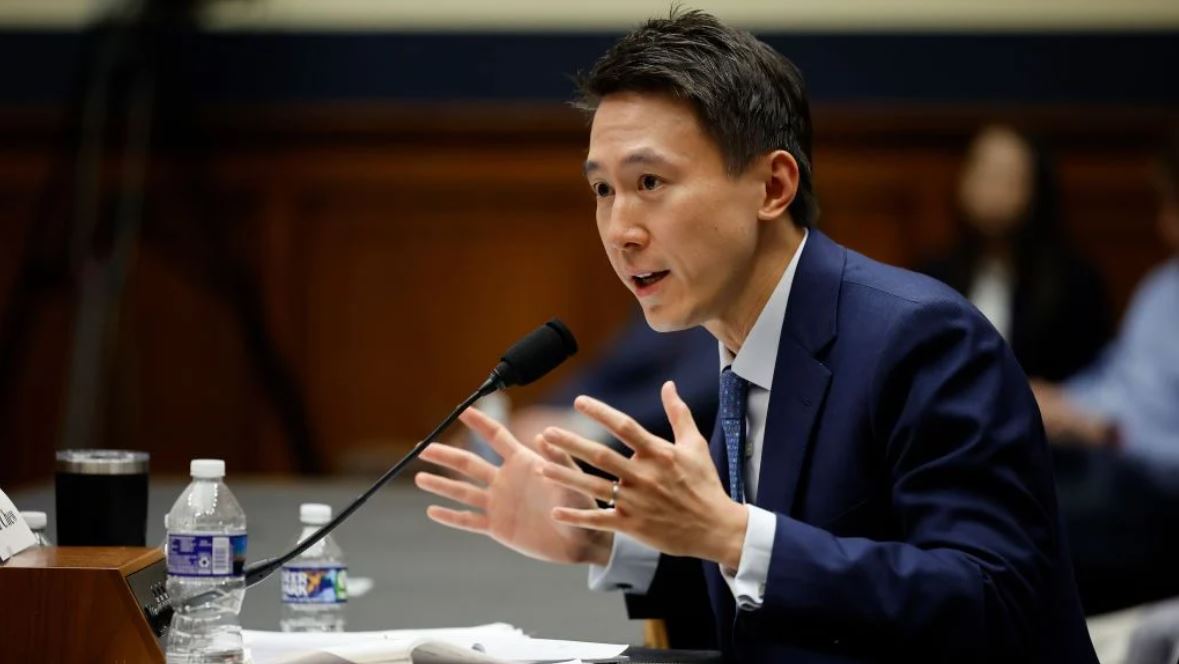The fate of TikTok hangs in the balance just nine days before legislation effectively banning the app is set to take effect
The fate of TikTok hangs in the balance as the Supreme Court of the United States enters the legal showdown that could reshape the app’s future. With over 150 million American users—and 1.6 billion users worldwide—TikTok has become a cultural juggernaut, but it now finds itself at the centre of an impassioned debate over national security, free speech and digital sovereignty.
The controversy stems from the Protecting Americans from Foreign Adversary Controlled Applications Act (PAFACA), which was signed into law in 2024. This legislation requires ByteDance, TikTok’s Chinese parent company, to divest its US operations by January 19, 2025, or face a total ban. While lawmakers cite concerns about potential Chinese government access to user data, TikTok staunchly denies the allegations, pointing to its rigorous data protection measures and global transparency efforts.
What will happen if the TikTok ban goes into effect on January 19?
Should the Supreme Court uphold the ban, TikTok would be removed from US app stores, halting new downloads and updates. For existing users, a slow decline in app performance is expected as updates cease. Video creators who monetise their uploads will need to shift to other platforms.
For tech companies, the implications are immense. The ruling could also set a precedent for targeting other foreign-owned platforms perceived as security risks, signaling a more restrictive era for global tech regulation. A government win would solidify the American government’s ability to control access to foreign-owned technology, potentially spurring similar measures worldwide. Conversely, a ruling against the ban could embolden digital platforms to challenge government restrictions more aggressively.
Also read: Is banning TikTok—and other social media—the right way to protect children?
What are the arguments for and against the TikTok ban?
The case resonates beyond the US, as it raises complex questions about how democracies balance security concerns with the freedoms associated with open digital platforms.
The Biden administration has painted the ban as essential to safeguarding national security. “We cannot ignore the possibility of foreign adversaries exploiting American users’ data,” said Solicitor General Elizabeth Prelogar during the legal proceedings.
TikTok, however, views the ban as a violation of First Amendment rights. “TikTok empowers millions with a platform for creativity, education, and self-expression,” argued COO Vanessa Pappas. “Removing it would not only silence these voices but also undermine constitutional freedoms.”
What have the Supreme Court judges said about the case?
During oral arguments, the Supreme Court justices displayed a spectrum of opinions. Justice Sonia Sotomayor sought concrete evidence linking TikTok to national security breaches, questioning, “What tangible harm has been proven?”
Meanwhile, Justice Clarence Thomas leaned toward the government’s side, suggesting that even perceived threats warrant precautionary measures.
Could a sale be the solution?
President-elect Donald Trump has hinted at a potential compromise: a sale of TikTok’s US operations to a non-Chinese entity. In the meantime, billionaire Frank McCourt has initiated a movement called Project Liberty, which is trying to build a consortium to purchase TikTok and “rearchitect the platform to put people in control of their digital identities and data”.
While a sale might assuage some lawmakers’ concerns, its success hinges on ByteDance’s willingness to divest and whether the new ownership structure would fully mitigate perceived risks.
What’s ahead, and will a US TikTok ban affect users elsewhere in the world?
The Supreme Court will convene to hear oral arguments from TikTok at 10AM, Friday EST on Friday—that’s 11PM Friday for audiences in Hong Kong, Singapore, Malaysia, the Philippines and Taiwan; and 10PM in Thailand and Vietnam. The ruling is expected any time after the hearings.
When it comes, the ripple effects of the ruling will be felt across the tech world. For TikTok, the decision could mean survival or expulsion from its second-largest market. For policymakers and tech leaders, it marks a pivotal moment in defining how nations regulate the intersection of digital innovation, security, and personal freedoms.
As the debate unfolds, the stakes remain extraordinarily high. This landmark case will shape not only TikTok’s destiny but also the broader narrative of technology’s role in a geopolitically fragmented world.









